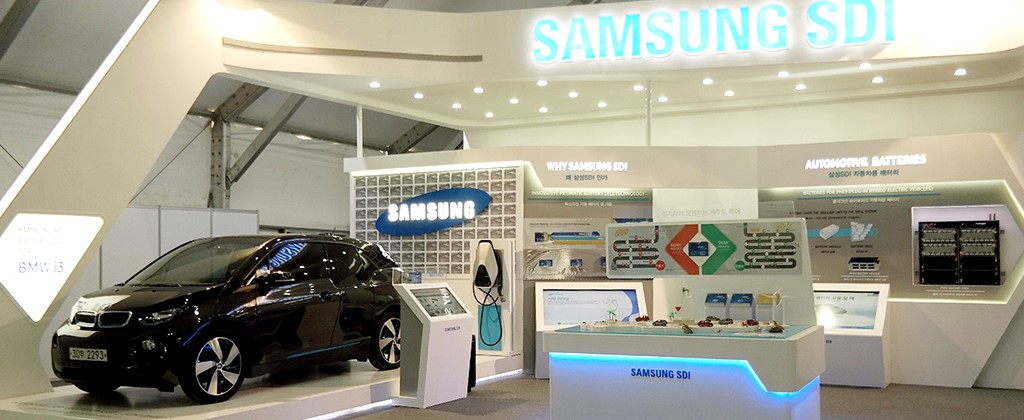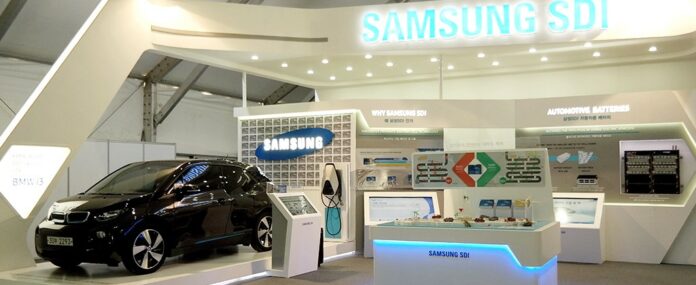
The South Korean government stated that it would invest KRW20trn (US$15bn) by 2030 to strengthen the country’s global presence in key industries such as rechargeable EV batteries and semiconductor materials. The government will also support emerging technologies and startups.
Minister of Trade, Industry, and Energy, Lee Chang-yang, spoke at a national strategy meeting that included representatives from major industrial groups. The government’s aim is to narrow the technology gap between South Korea and its global competitors.
Executives from major industrial groups, including Chang Jae-hoon, the Executive Vice President of Hyundai Motor Co., attended the meeting. Representatives from three main EV battery manufacturers also attended, such as Kwon Young-soo, the Vice Chairman of LG Energy Solution, Ji Dong-seob, the CEO of SK On, and Choi Yoon-ho, Samsung SDI’s CEO.
During the meeting, President Yoon Suk Yeol stated that “South Korea, which is one of the biggest players in the global rechargeable battery market, is facing growing challenges. The government will fully support [our] companies to be more competitive in high-tech industries.”
Minister Lee announced that the government would provide KRW2trn to the battery industry to support the production of next-generation batteries. He also highlighted that the industry plans to mass-produce solid-state, 4680 cylindrical, and cobalt-free batteries locally and overseas. Furthermore, the government will assist in the development of materials, parts, and facilities industries to boost battery component production.
Solid-state batteries are said to have a longer lifespan, higher energy density, and higher energy output than the current lithium-ion batteries in use. They are also less prone to catching fire. The government will back research on lithium-metal and lithium-sulfur batteries and invest more than KRW350bn to strengthen the country’s leadership in NCM batteries’ production and to expand its share of LFP battery output.



